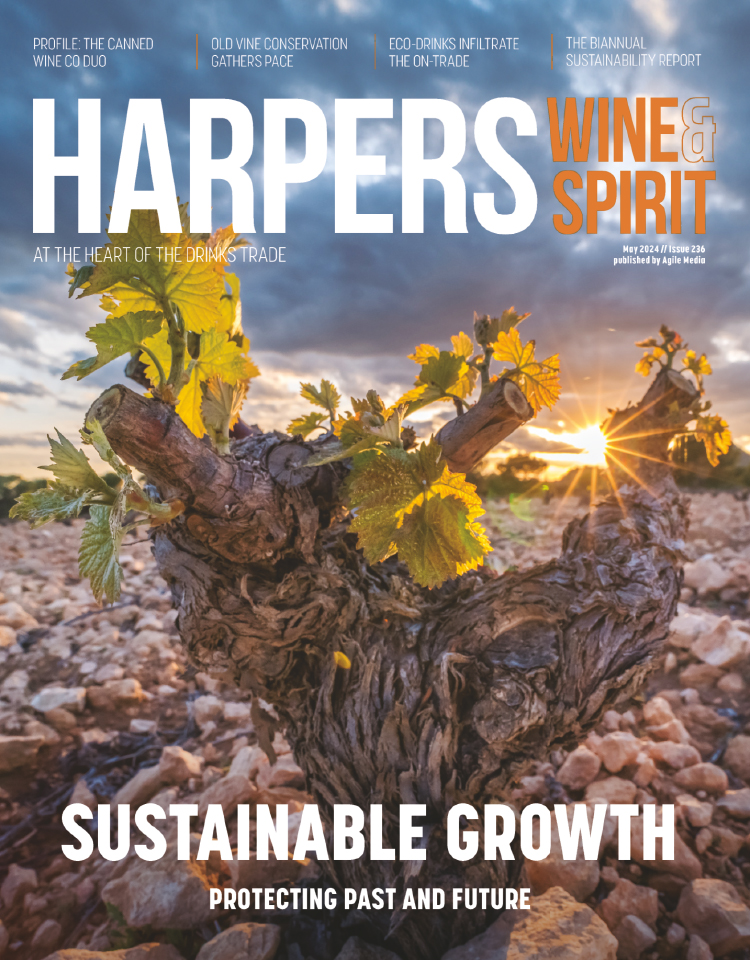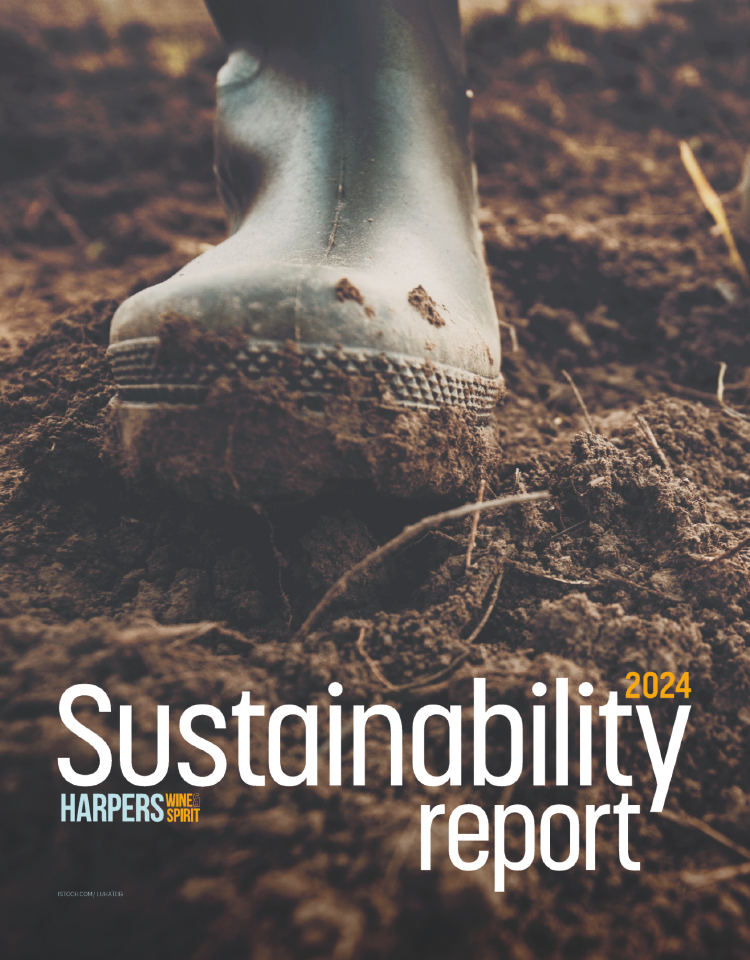
UKVA and EWP urge government to crack down on "large quantities of wine" being smuggled into the UK
The UK wine industry has urged the government to crack down on excise duty tax evasion carried out via the smuggling onto the UK commercial drinks market of duty-free wine.
The demand is part of eight new Brexit priorities which the United Kingdom Vineyards Association, (UKVA) and the English Wine Producers (EWP) promotional body are jointly urging the government to address as Britain prepares its departure from the European Union.
"HMRC knows that large quantities of wine are brought into the UK on a duty-free basis but smuggled onto the commercial market," the UKVA, United Kingdom Vineyards Association and EWP the English Wine Producers said in a joint statement.
"The pressure for this smuggling is down to excise duty that has not been effectively enforced," the statement said.
The newly published joint UKVA-EWP Brexit position confirms - as revealed by Harpers in November - that the government should maintain zero tariffs with EU partners and create a seasonal work scheme to ensure EU citizens can continue to work at UK vineyards.
The eight priorities outlined by the UKVA and EWP address issues on: Customs, Tariffs, Excise Duty & Free Trade Agreements, availability of casual and semi-skilled EU labour, subsidies and grants, geographical indications, additives, pesticides and herbicides, planting rights and record keeping.
The UKVA-EWP Brexit statement said that it was 'essential' that unlimited access to overseas seasonal labour be maintained by granting work visas to those from all nations who wish to work in the UK wine industry.
However, it said that he most fundamental issue to be determined in Brexit is which goods and services continue or cease to be subject to duty-free importation.
Within the EU, alcohol may be imported tariff-free if duty has been paid within another EU state, but, if imported for commercial sale, it is still subject to excise duty at £2.08 per bottle of still wine and £2.67 for sparkling wine above 8.5% ABV.
Similar rules apply in other member states of the EU, the statement said: "While some of our members advocate Brexit as an opportunity to impose a tariff regime favouring UK wine producers, on balance we believe it desirable and acceptable as being in the interests of consumers and the industry to continue tariff-free access to the UK market for all non-UK wine producers."
The UKVA and the EWP said it had sent its list of eight priorities to Andrea Leadsom, Minister for the Environment, Rural Affairs Secretary of State for the Environment, Food and Rural Affairs who is in charge of Defra. A Defra spokesman said it would comment in due course on the UKVA-EWP demands.
The fundamental basis on which the government should proceed is that there be, at the very least, a 'level playing field' for wine made from domestically-produced grapes in the UK versus imported wine and grape products. Imported wines generally benefit from state support at production stage through to marketing.
"As the UK government reviews the subsidy regime to replace the Common Agriculture Policy, there needs to be a balancing exercise to provide an equivalent degree of support to allow the UK's wine producers to compete with imports which benefit from state support," the statement said.
Regarding Excise duty, the UKVA and the EWP said it was now calling on the government to reduce excise duty and to reintroduce duty-free limits on quantities of wine bought into the country by individuals.





